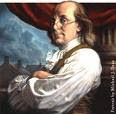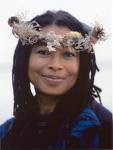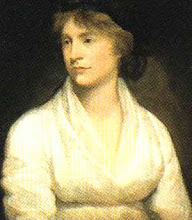Phyllis Wheatley shows boldness and humility in her poetry. In her poem “To Maecenas,” Wheatley highlights her skill as a poet. By using heroic couplets, Wheatley masterfully asserts her knowledge. She mentions Terence, the famous black playwright of Rome. She states, “The happier Terence all the choir inspir’d, / His soul replenish’d, and his bosom fir’d; / But say, ye Muses, why this partial grace, / To one alone of Africa’s sable race.” Wheatley does not hide her ethnicity instead she exposes her race. Wheatley openly defies the societal ideas of African Americans in her time.
Phyllis Wheatley boldly addresses the University of Cambridge in her poem “to The University of Cambridge, In New England.” As a woman, she is not able to attend the university. Furthermore, as an African American she is not able to attend the university. But with profound boldness she addresses them in poetic verse. Wheatley, in a sense, preaches to the students that have the opportunity that was denied her. Wheatley states, “Students, to you ‘tis giv’n to scan the heights / …Improve your privileges while you stay, / …Or good or bad report of you to heav’n. / …Ye blooming plants of human race divine, / An Ethiop tells you ‘tis your greatest foe.” Wheatley tells them that someone from Africa is telling them what to do. She is aware of the expectations of African Americans and women in her society and uses her poetry to combat those expectations.
In contrast, in the poem “On being brought from Africa to America,” Wheatley demonstrates a sense of humility and spirituality. Wheatley addresses her spirituality within the lines of her poetry. She states, “‘Twas mercy brought me from my Pagan land, / Taught my benighted soul to understand / That there’s a God, that there’s a Saviour too: / Once I redemption neither sought nor knew.” The humility of spirituality exemplified in these lines is reflective of the Christian society in which she lived.
In conclusion, Phyllis Wheatley used a mixture of humility and boldness in her poems. Her accomplishments were remarkable. She was a well educated Christian and pioneer of their time. Phyllis Wheatley was the first African American to have been published. Wheatley used her poetic voice to combat the ideas, expectations and values of the society in which she lived.
17 September 2008
Subscribe to:
Post Comments (Atom)









No comments:
Post a Comment